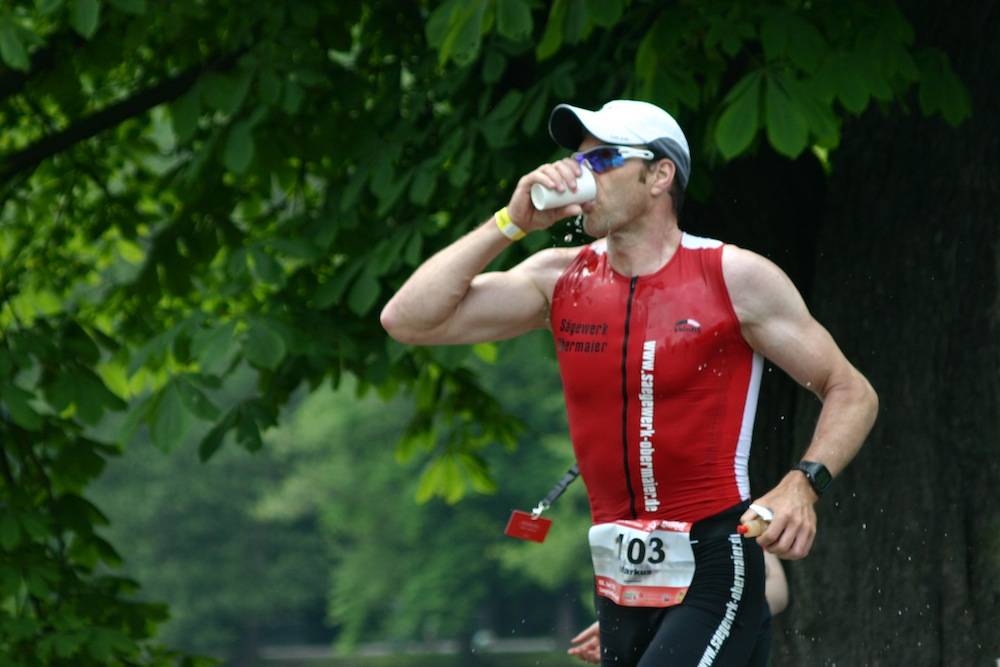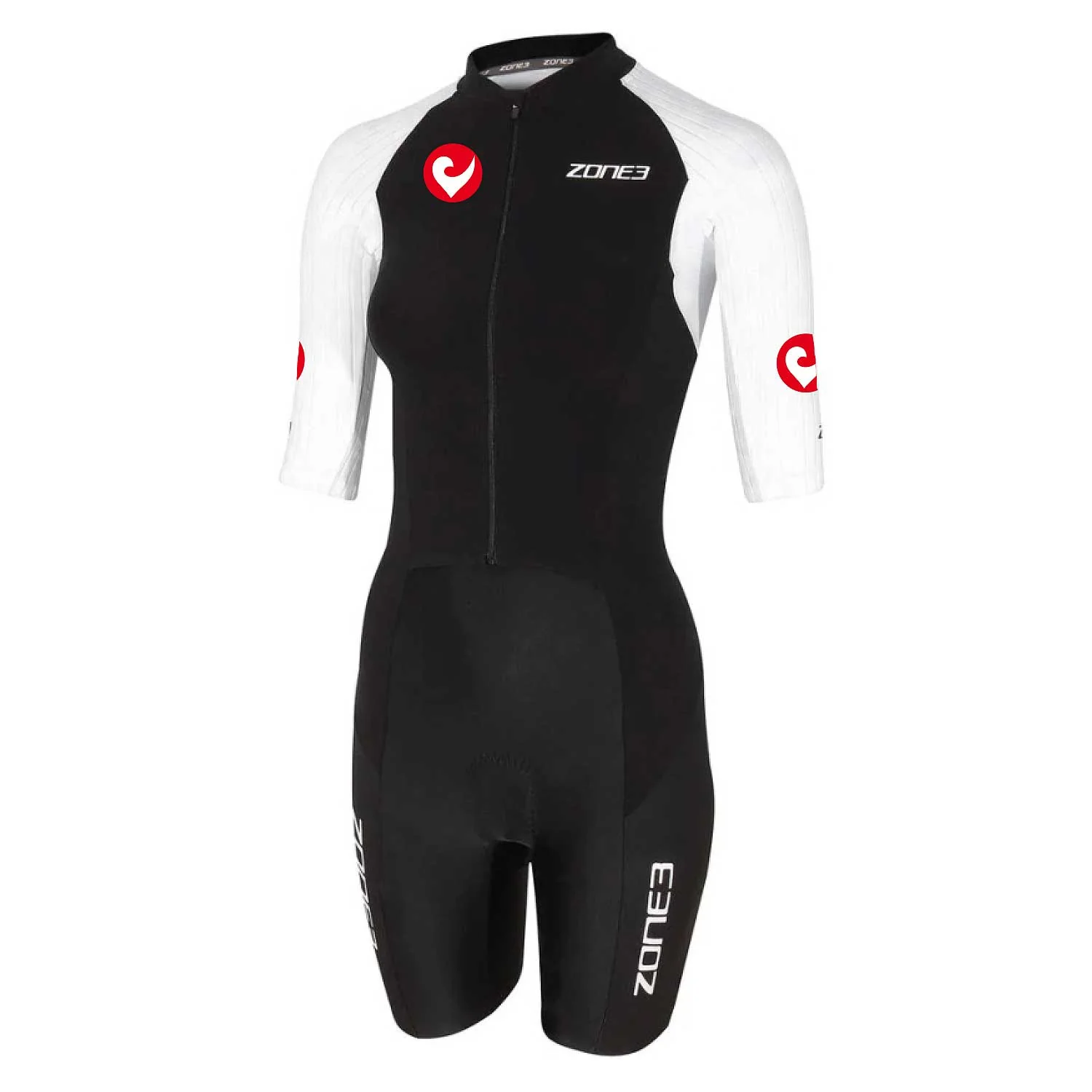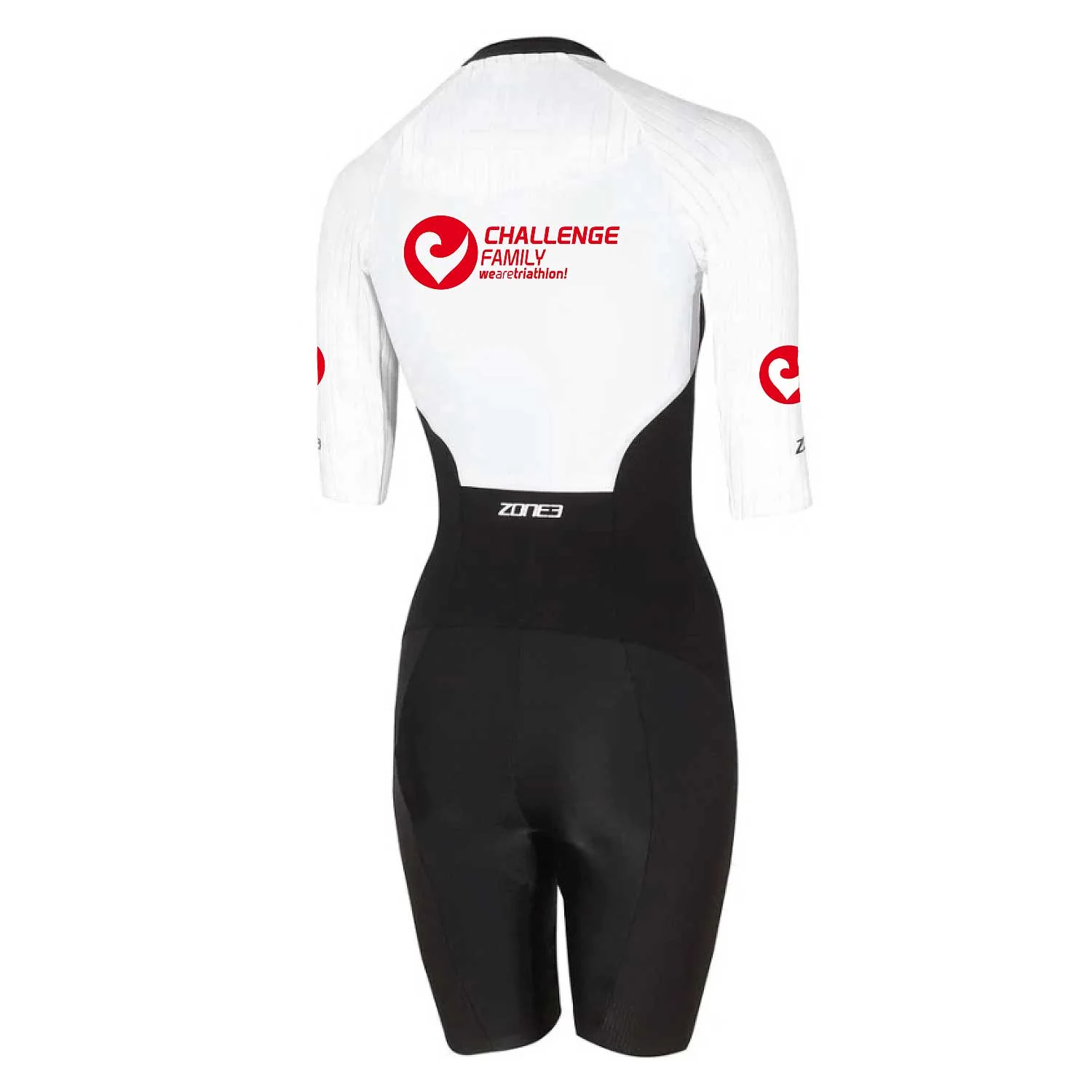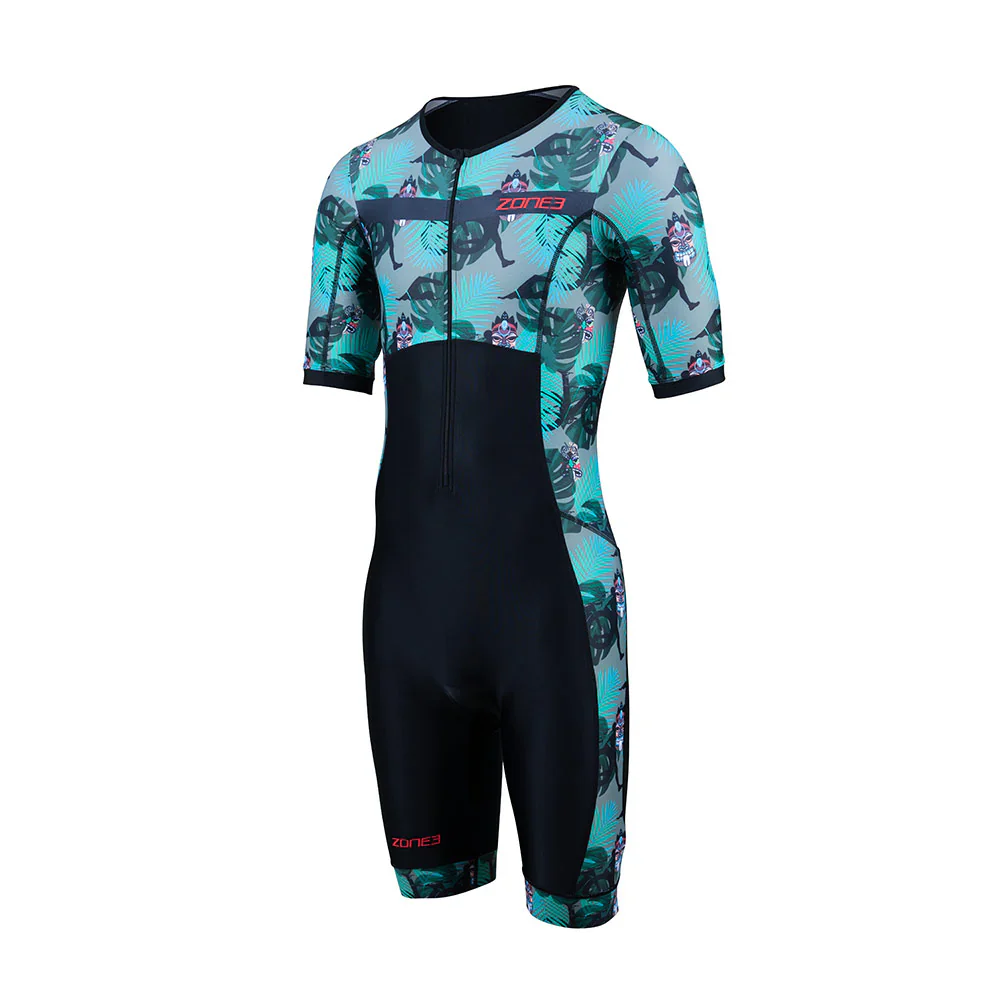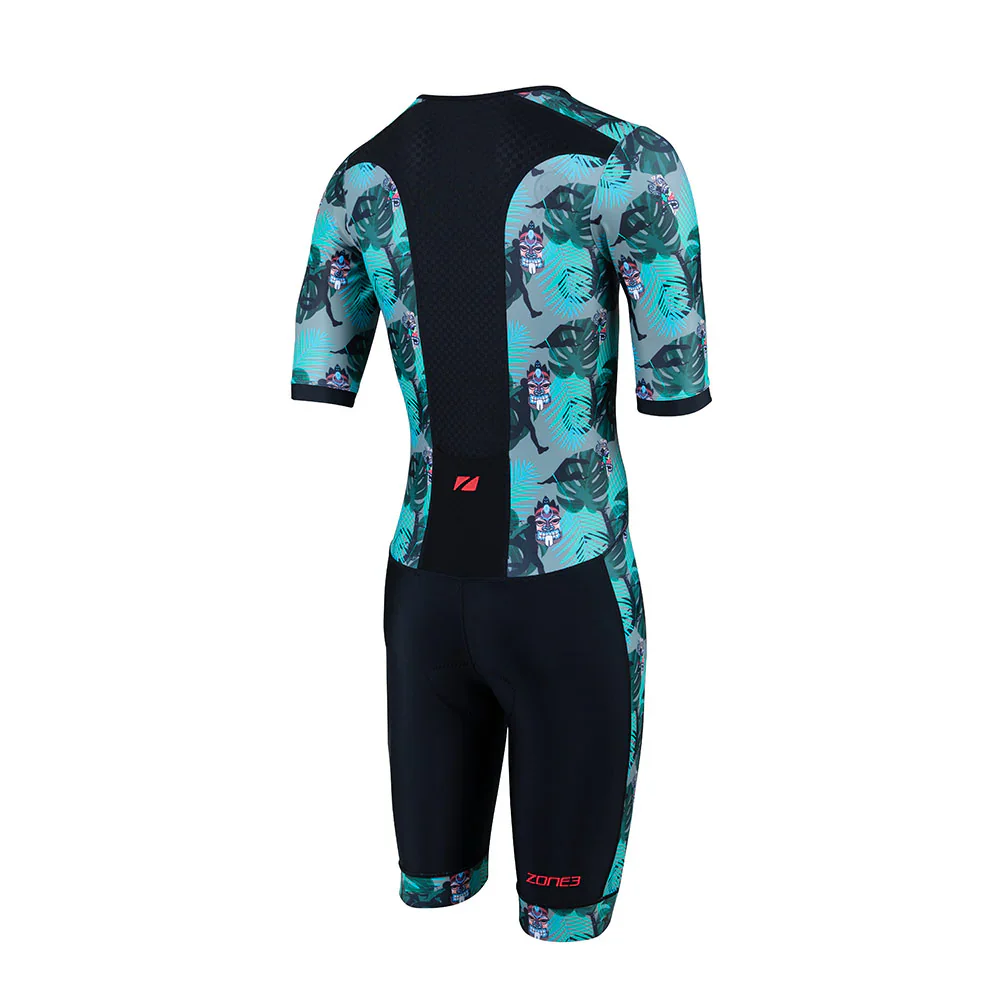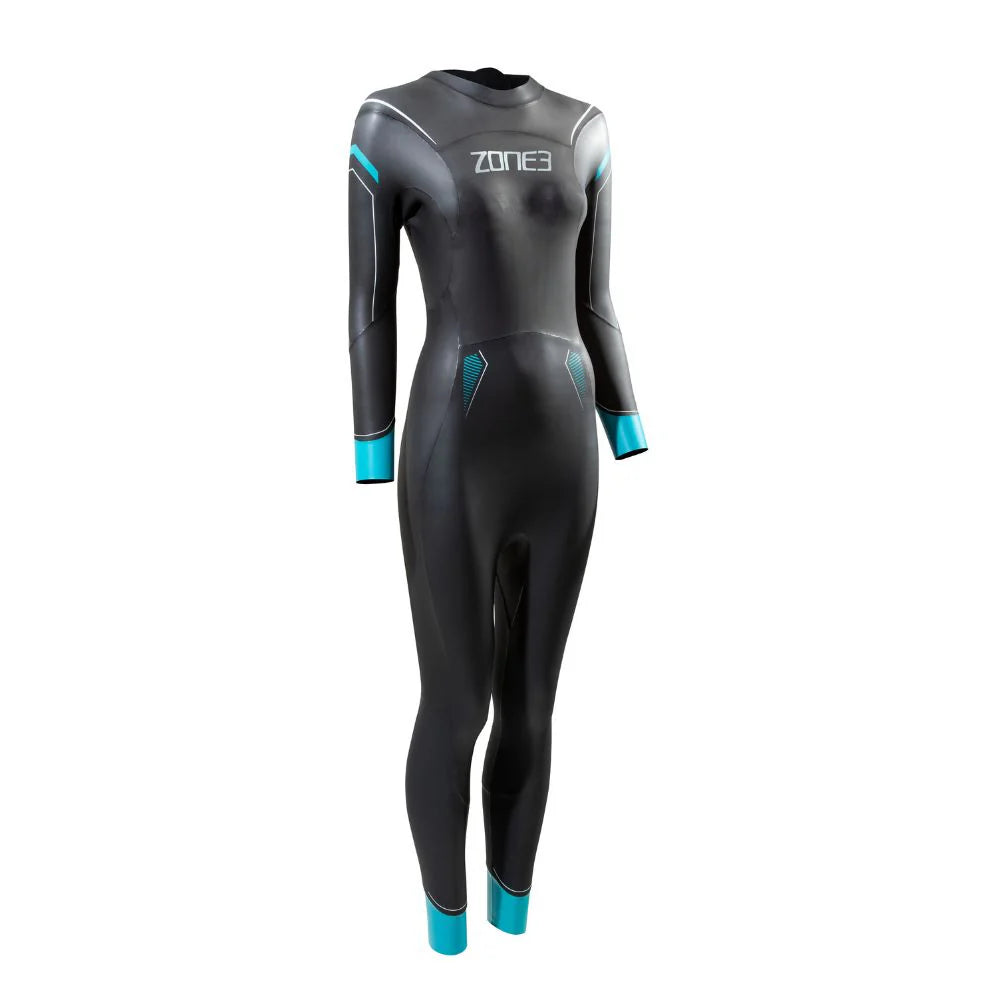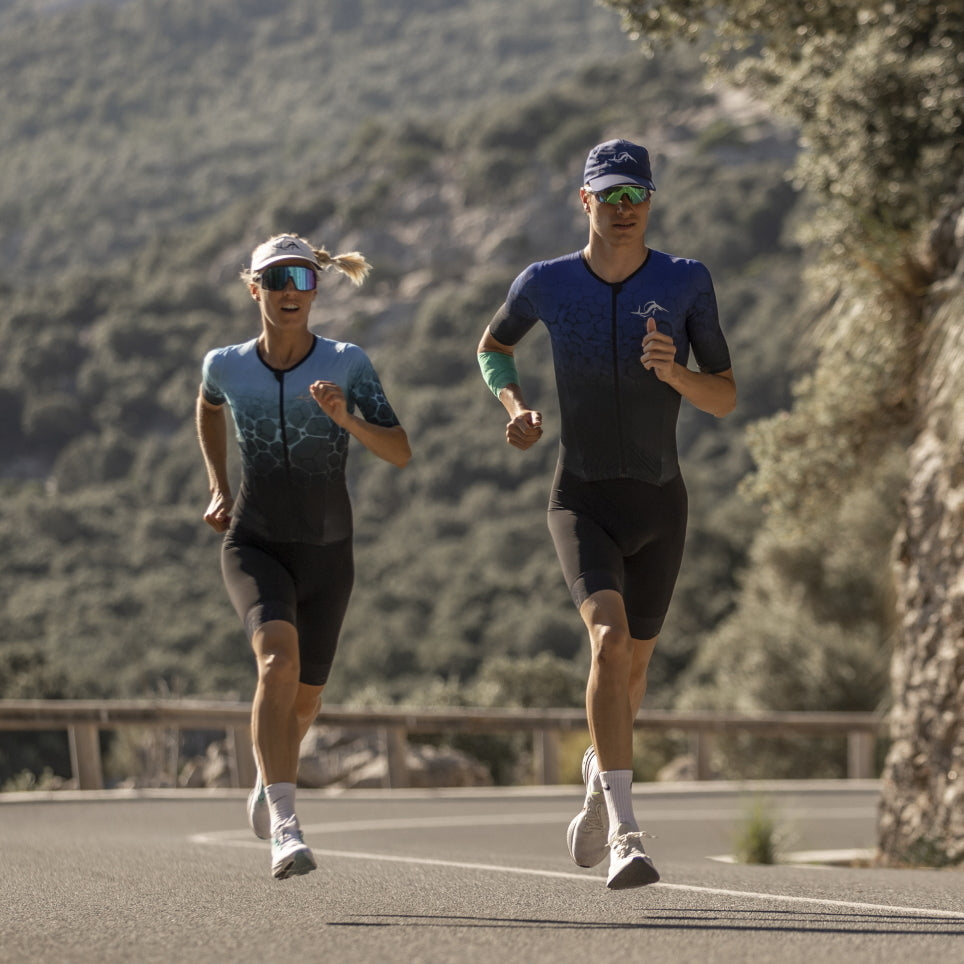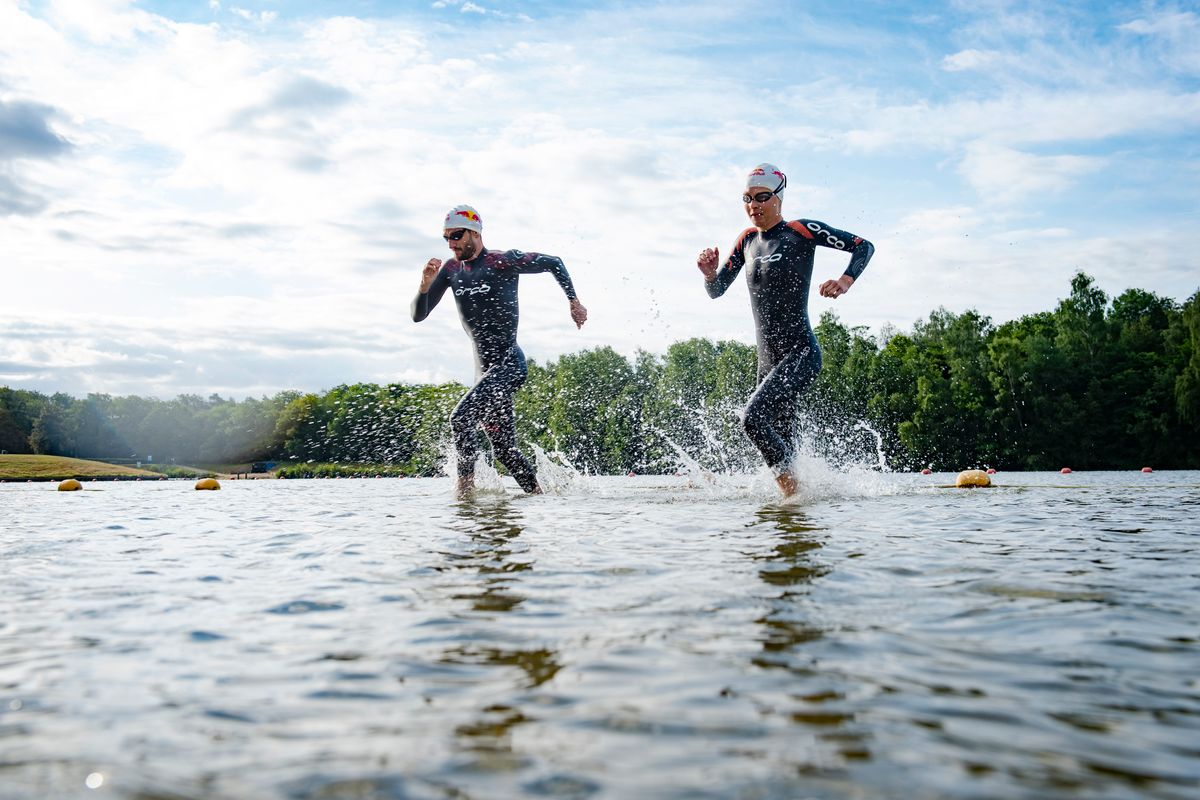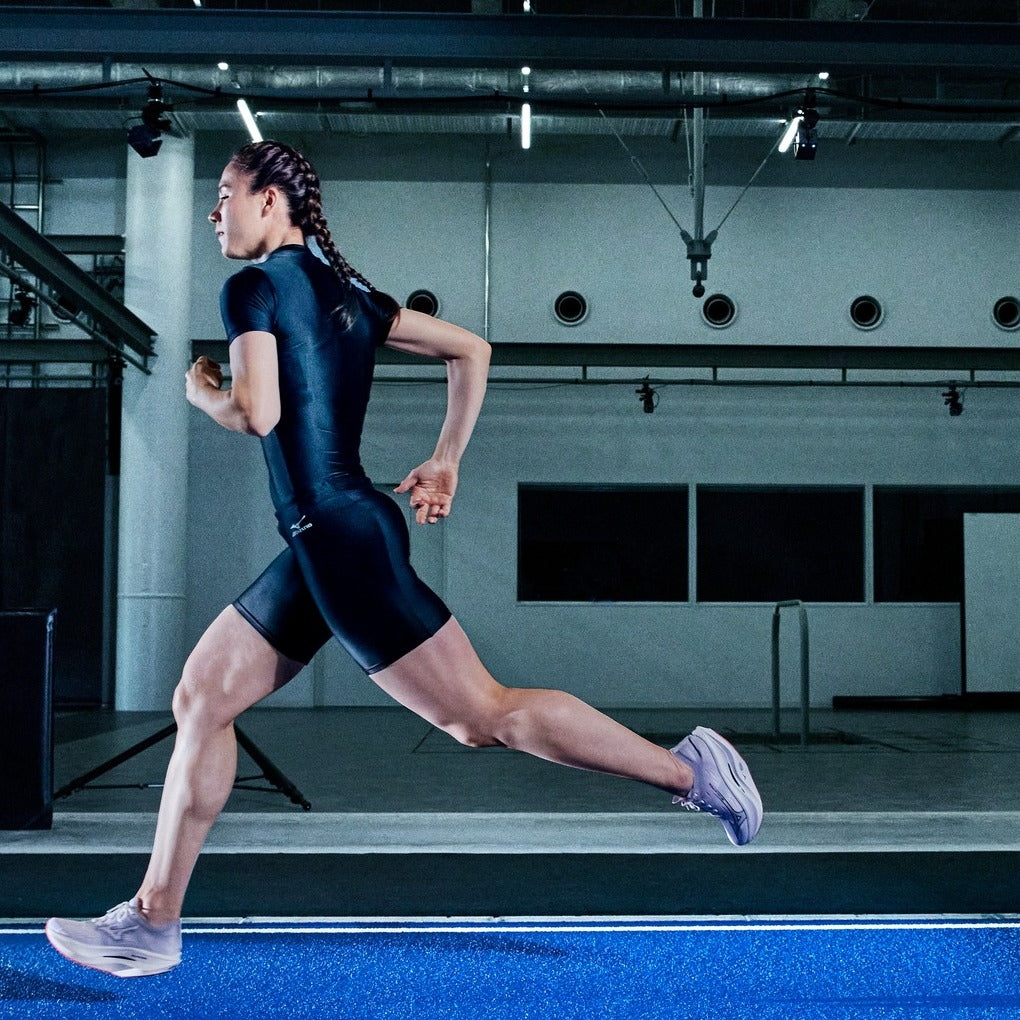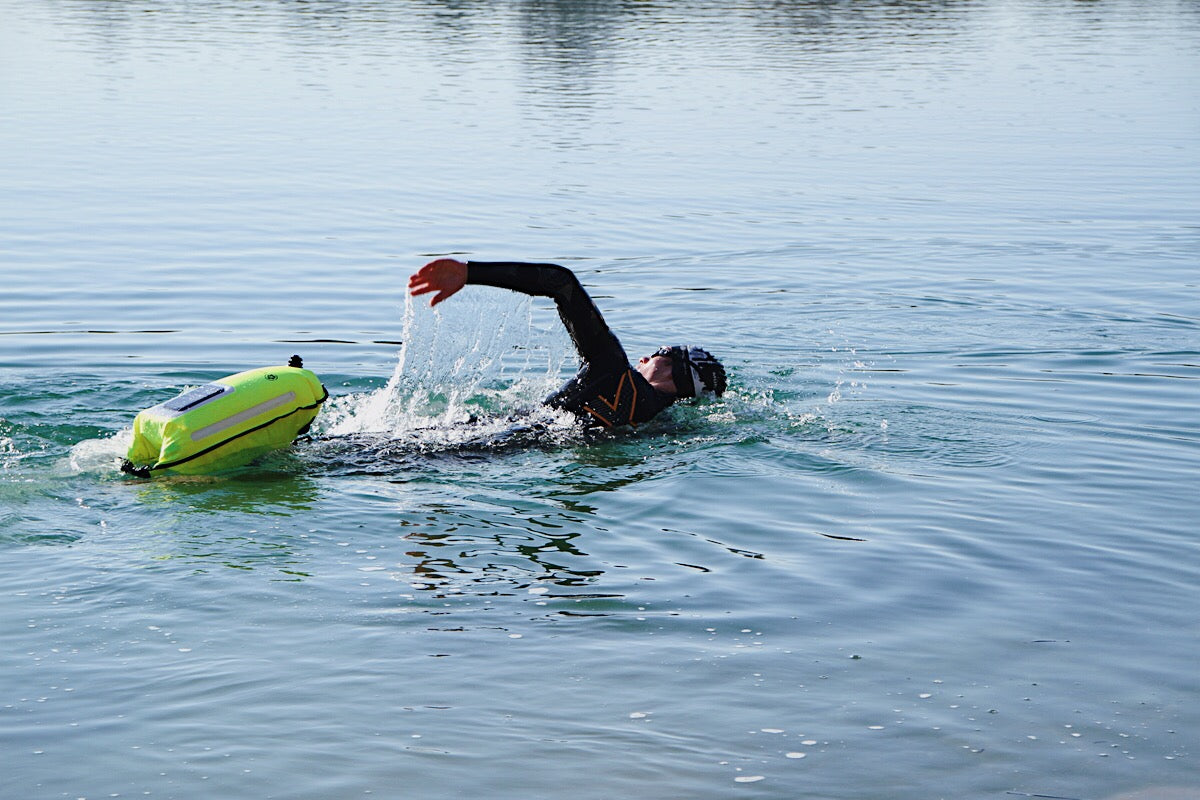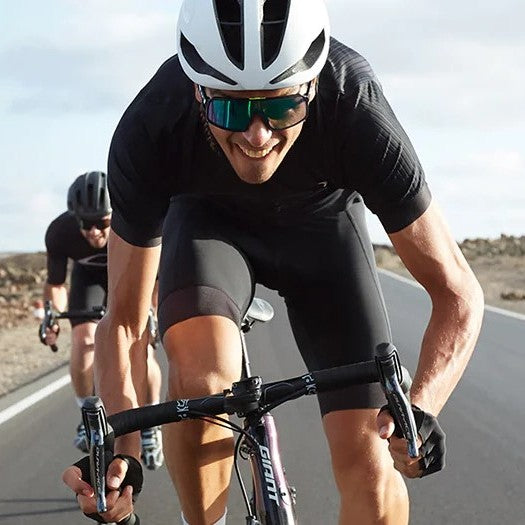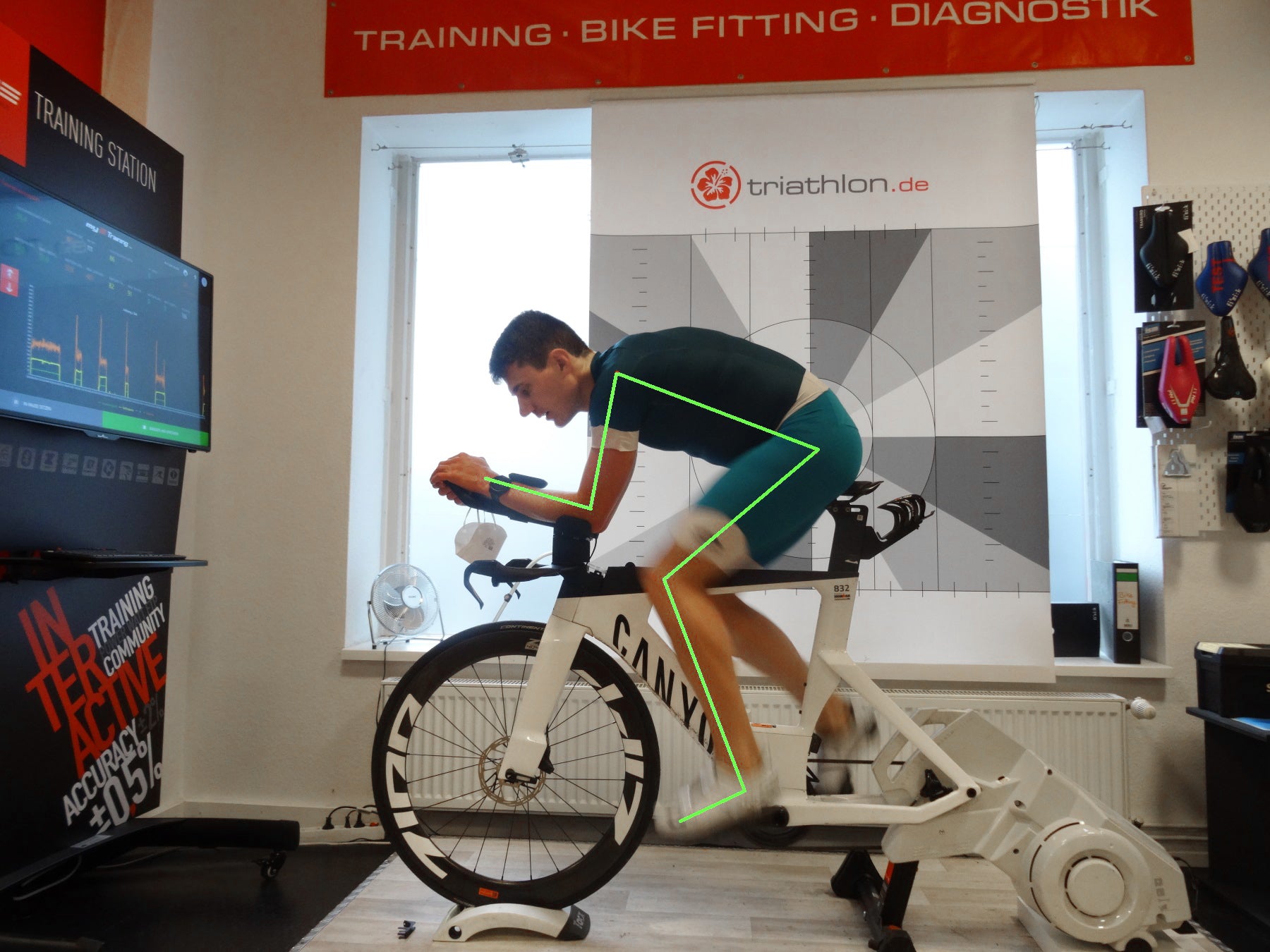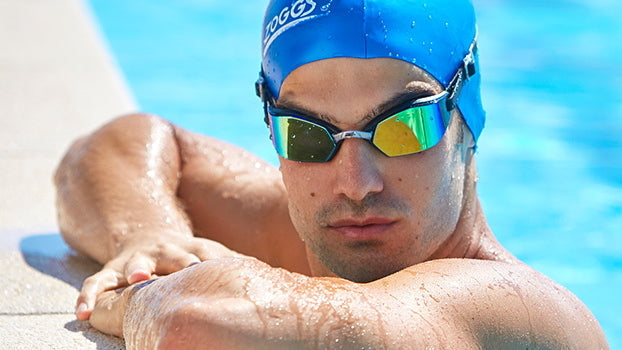In addition to an optimal composition of the sports drink, the correct drinking behavior is also crucial for successful participation in competitions. This not only needs to be well planned, but also trained in advance. We have summarized the most important recommendations for you.
Balanced fluid balance
The goal is always a balanced fluid balance. During a competition, however, it is often not possible to completely compensate for the loss of water caused by sweating. However, it must also be taken into account in the fluid balance during endurance exercise that water is bound in the body's glycogen stores and is available to the body again when energy is used. Depending on the amount of carbohydrate stores, this can be one to two liters of liquid.
Drink regularly
Drinking regularly during competitions is crucial for consistent endurance performance. In the case of prolonged stress, you should drink regularly after 30 minutes at the latest. We generally recommend drinking between 0.5 and 1 liter per hour. At normal temperatures, 600 to 700 milliliters per hour are sufficient. In hot weather, fluid intake should increase to up to one liter per hour. If the competition lasts less than 30 minutes, no liquid replacement is necessary during the competition, and the sports drink does not have to contain any carbohydrates for less than 60 minutes.
Never start dehydrated is an important principle. Therefore, you should ensure that you drink enough water the day before the competition. Sunbathing or going to the sauna should be avoided.
Attention "overdrinking phenomenon"
If you drink too much liquid, especially water that is low in electrolytes, a so-called “overdrinking phenomenon” can also occur. This can lead to a decrease in the blood sodium concentration below 130 mmol/l (hyponatraemia). The consequences can be a drop in performance, muscle cramps or dizziness and can easily be mistaken for dehydration (lack of water). Anyone who weighs more after a marathon, a middle or long distance than before the start has definitely drunk (or eaten) too much.
Experimentation in competition catering can have fatal consequences for competition performance. It is therefore important to test new feeding strategies in training beforehand. This is particularly recommended for running, as stomach and intestinal problems are very common in this sport. Liquids are usually less of a problem for most people than solid food.
Recommendations for a marathon run
-
Before the competition:
1-2 hours before the start 500ml sports drink (carbohydrate content 6-8%, contains electrolytes)
15-30min before the start 300 to 500ml sports drink (in small sips)
- During the competition:
every 15 minutes 180 to 240ml carbohydrate and sodium sports drink (6-8% KH content, 400-800mg sodium/litre)
or sodium-containing water + energy gels (~1 gel per 30min)
Solid food (banana, bar) is possible, but not absolutely necessary (test tolerance!)
- After the competition:
First liquid, then solid food
In the first 1-2 hours ~1 gram of carbohydrates per kg of body weight
In addition, protein (10-25g) and potassium (19mg per g KH) are important for replenishing glycogen stores
triathlon.de tip:
When drinking while running, squeeze the paper cup together so that a narrow slit is created, then the water doesn't spill out so much and you're less likely to choke. Practicing in training is definitely useful.

